[Joint CQSE & NCTS Seminar] Disruptive and Revolutionary Era of Quantum Technology Revolution
Title: [Joint CQSE & NCTS Seminar] Disruptive and Revolutionary Era of Quantum Technology Revolution
Speaker: Prof. Ching-Ray Chang (University Chair Professor, Chung Yuan Christian Univ.)
Time: Sep. 08, 2023, 14:30-15:30
Place: Rm. 104, Chin-Pao Yang Lecture Hall, CCMS & New Physics Building, NTU
Online: https://nationaltaiwanuniversity-zbh.my.webex.com/nationaltaiwanuniversity-zbh.my/j.php?MTID=mf0a1b4255e96edb93e638803cf473f14
Abstract
Quantum science was established in Europe in the early twentieth century and then gradually matured, and promoted a deep understanding of the universe. Quantum science is indeed significantly different in many concepts from the classical macroscopic world. For example, the concept of entanglement and uncertain probability not only caused great changes in science and technology, but also caused much discussion in humanities and philosophy. The emergence of transistors and CMOS caused the first quantum technological revolution, and electronics revolutionized human life. Strictly speaking, although electronics has caused earth-shaking changes and the redistribution of wealth and national power on the earth, only a very small amount of knowledge of quantum science is applied. The superposition and entanglement of the core knowledge of quantum physics, as well as quantum manipulation are only within laboratories and scientists only before the second quantum technology revolution. The new quantum technology provided by major companies will rapidly promote the re-evolution of human civilization in the next few decades, and it is even expected that it will once again impact humanities and philosophical thinking. This speech will outline the importance of the second quantum technology revolution, the possible impact of the emergence of quantum computers, and the preparations that the industry and future quantum generation should have.Keywords: Quantum technology, Entanglement, Superposition
Biography
Professor Chang graduated from the Department of Physics of National Taiwan University in 1979, received his Ph.D. in physics from the University of California, San Diego in 1988, and returned to the Magnetics Group of the Institute of Industrial Technology that year. He joined National Taiwan University in February 1989 and served as Vice President and Acting President of NTU and Director of IBM-NTU Q Hub.Professor Chang has been engaged in numerical micro magnetism research since 1982, he is not only the founder of this field, but has also been continuously promoting related applications in the magnetic industry both in the flipping mechanism and thermal disturbance has made important contributions to basic research and applied technology. In recent years, the main research work has focused on the spin transport mechanism on low-dimensional materials. Professor Chang has published more than 280 professional papers and obtained more than 28 magnetic related patents.
He also has been elected a Fellow of the American Physical Society (APS) and the International Engineering Society (IEEE) for his academic excellence, and a Fellow of the Russian International Engineering Society (RIAE). Professor Chang has served as the Chairman of the Asian Magnetics Association, Chairman of the Taiwan Magnetic Association, and Chairman of the Taiwan Physical Society.
Professor Chang recently took charge of the NTU-IBM Quantum Computer Program and actively accelerated the cultivation of emerging cross-field talents for new materials, new drug synthesis, optimization systems, and financial fields. Lately, he actively promoted quantum computing and founded the Taiwan Quantum Computer and Information Technology Association, serving as the first president.


